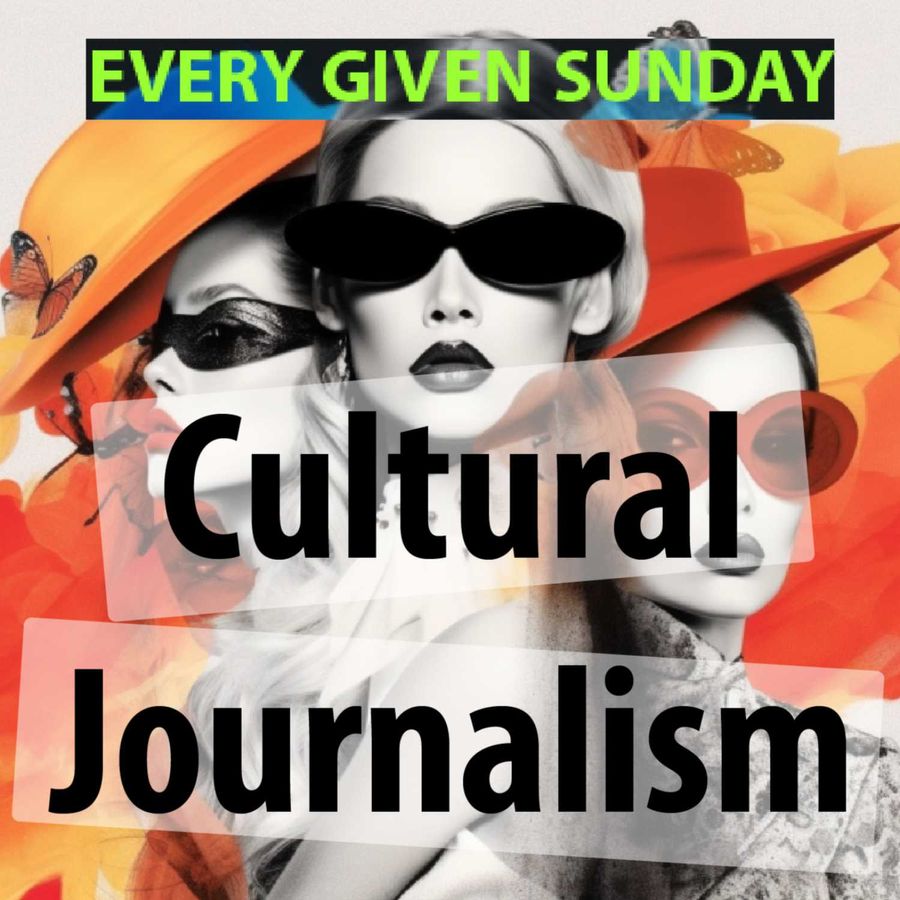The Ephemeral Mirage: Unraveling the Impact of Social Media on Culture
In an era dominated by the digital realm, the omnipresence of social media has become a hallmark of our cultural landscape. Its influence extends far and wide, seemingly shaping the very fabric of our society. However, beneath the glossy surface lies a paradoxical and enigmatic phenomenon that demands our critical examination. Let us embark on a journey to unravel the true impact of social media on culture, dispelling illusions and shedding light on the intricate complexities at play.
The Illusion of Connectivity
One of the most pervasive myths propagated by social media is the idea of unprecedented connectivity. Platforms like Facebook, Twitter, and Instagram have promised to bridge distances, foster global understanding, and unite disparate communities. Yet, it is crucial to question the depth and authenticity of these connections. The very nature of social media engenders superficiality, reducing complex human interactions to fleeting exchanges of likes, comments, and emojis. Genuine empathy and understanding, the building blocks of a vibrant culture, cannot be nurtured within the confines of virtual spaces. Instead, we witness the rise of echo chambers, where people surround themselves with like-minded individuals, reinforcing their beliefs rather than engaging in meaningful discourse.
The Pursuit of Perfection
In social media, the relentless pursuit of perfection has become the norm. The curated nature of posts and profiles encourages individuals to present idealized versions of themselves, creating an imaginary world of flawlessness and unattainable standards. The impact on culture is twofold. First, it breeds a culture of comparison and self-doubt as people measure their own lives against the carefully constructed highlight reels of others. Second, it erodes the authenticity and vulnerability necessary for genuine human connection. By promoting a culture of surface-level appearances, social media stifles the richness of our collective cultural tapestry.

The Commodification of Attention
Attention has become the currency of the digital age, and social media serves as the marketplace. Platforms are designed to captivate and retain our attention, employing sophisticated algorithms and psychological techniques to keep us scrolling endlessly. In this race for attention, meaningful content often takes a backseat to sensationalism and clickbait. This commodification of attention has profound cultural implications. Intellectual rigour and depth are sacrificed at the altar of viral content, eroding our capacity for critical thinking and genuine engagement with ideas. The digital arena becomes a breeding ground for triviality, where the banal overshadows the profound.
Historical Perspective
To fully grasp the impact of social media on culture, we must place it within a historical context. Every era has experienced technological advancements that were hailed as transformative forces. The printing press, the telegraph, the television—all were met with grand expectations and dire warnings. Yet, in retrospect, we recognize that their influence was not absolute. These technologies shaped culture, but culture also shaped their trajectory.
Similarly, social media is a tool subject to the intentions and actions of its users. It is not an almighty force beyond our control. By challenging the conventional wisdom that ascribes an overwhelming power to social media, we regain agency in shaping its impact on our culture.
The Role of the Individual
In a society that often prioritizes spectacle over substance, it is incumbent upon the individual to resist the allure of shallow engagement and cultivate a genuine pursuit of knowledge and understanding. The intellectual responsibility lies not with social media platforms but with each person wielding them. We must resist the seductive pull of the echo chamber, seek out diverse perspectives, and engage in rigorous intellectual discourse. Only by doing so can we prevent social media from homogenizing our culture and undermining the richness and diversity that define us as a society.
Conclusion
Social media's impact on culture is far from a simple or unidirectional phenomenon. The illusion of connectivity masks the superficiality of interactions, while the pursuit of perfection obscures authenticity and vulnerability. The commodification of attention perpetuates triviality over substance. However, we can navigate these complexities by critically examining social media's influence, challenging its assumptions, and embracing our agency. As we move forward, remember that our culture is not a passive recipient of the digital age but an active participant, shaping the tools that seek to shape us.


